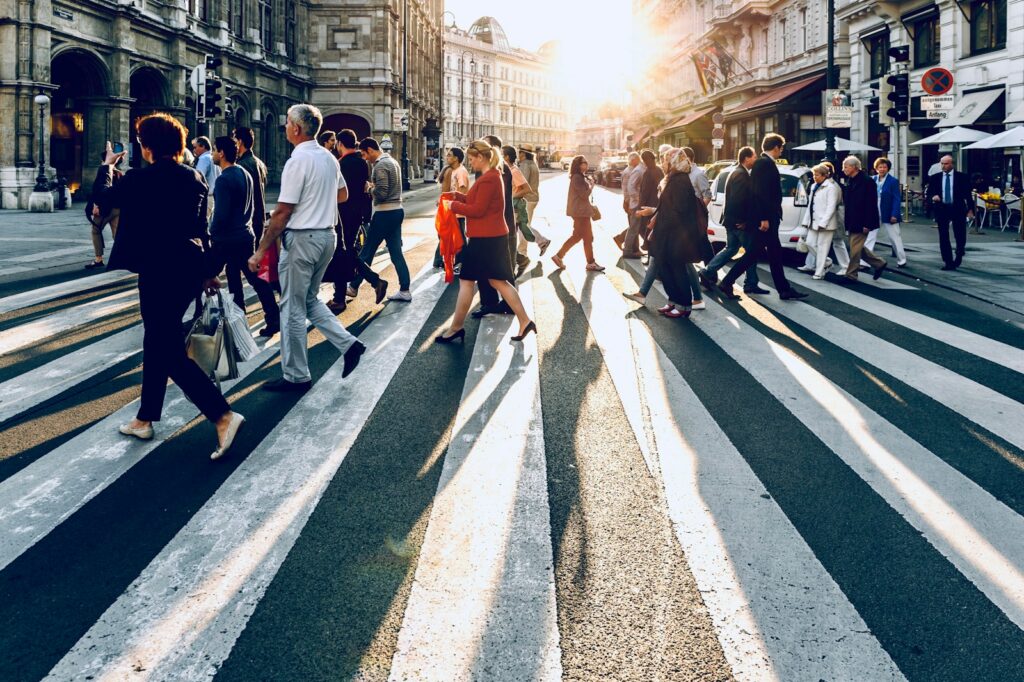In a world inundated with information and constant stimuli, it’s easy to become desensitised to the issues that plague our society. From environmental degradation to social injustice, many people find themselves turning a blind eye to the problems that surround them.

But why do people seem to lack empathy and compassion in the face of adversity? And more importantly, what can we do to combat this pervasive apathy? Let’s delve into the heart of the matter and explore the roots of societal indifference.
The Rise of Apathy

In today’s fast-paced world, it’s all too common for individuals to feel overwhelmed by the sheer volume of problems facing humanity. From climate change to political unrest, the barrage of negative news can leave people feeling helpless and powerless to enact change.
As a result, many individuals adopt an attitude of indifference, choosing to disengage from issues that they perceive as insurmountable or beyond their control.
The Bystander Effect
Psychologists have long studied the phenomenon known as the bystander effect, which refers to the tendency for individuals to be less likely to help a victim when other people are present.
This diffusion of responsibility can lead to collective apathy, where individuals assume that someone else will take action, thereby absolving themselves of personal responsibility.

Facts
- Studies have shown that individuals are less likely to intervene in emergency situations when there are other people present.
- The bystander effect was famously demonstrated in the case of the murder of Kitty Genovese in 1964, where numerous witnesses failed to intervene or call for help.
Compassion Fatigue
Compassion fatigue, a phenomenon that affects people who work in caregiving professions or frequently watch upsetting media content, is another factor that contributes to societal apathy. Over time, exposure to suffering and trauma can lead to emotional exhaustion and a decreased ability to empathize with others.
The Influence of Social Media

While social media has the potential to connect people and raise awareness about important issues, it can also contribute to apathy and desensitisation. The constant stream of tragic news stories and graphic images can desensitise individuals to human suffering, leading to a numbing effect that inhibits empathetic responses.
Facts
- Research has shown that excessive use of social media can lead to feelings of loneliness, depression, and decreased empathy.
- The phenomenon known as “slacktivism” refers to the tendency for individuals to engage in superficial forms of activism, such as liking or sharing posts on social media, without taking meaningful action in the real world.
Overcoming Apathy

While the prevalence of apathy may seem daunting, there are steps that individuals can take to combat this pervasive mindset and cultivate a greater sense of empathy and compassion.
Cultivating Empathy
One of the most effective ways to combat apathy is by actively cultivating empathy in our daily lives. This can involve practicing active listening, seeking out diverse perspectives, and engaging in acts of kindness and compassion towards others.

Taking Action
Instead of succumbing to feelings of helplessness, individuals can take proactive steps to address the issues that matter most to them. Whether it’s volunteering for a local charity, participating in grassroots activism, or supporting causes through donations, every action, no matter how small, has the power to make a difference.
Fostering Connection

Building strong, supportive communities can also help combat apathy by fostering a sense of connection and belonging among individuals. By coming together to support one another and work towards common goals, communities can create positive change and inspire others to take action.
Conclusion
While the prevalence of apathy in society may seem disheartening, it’s important to remember that change begins with each and every one of us. By actively cultivating empathy, taking meaningful action, and fostering connection within our communities, we can work together to combat apathy and create a brighter, more compassionate world for future generations.
















